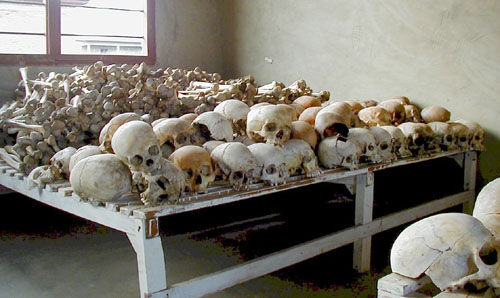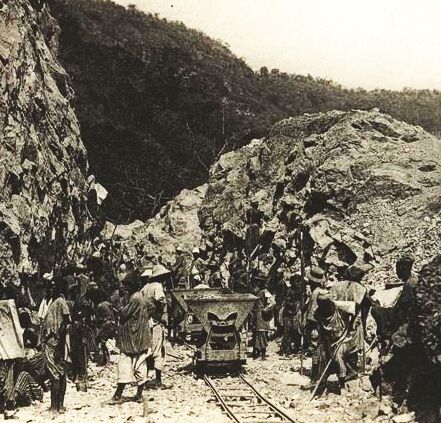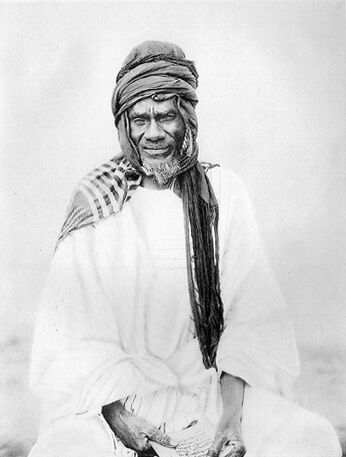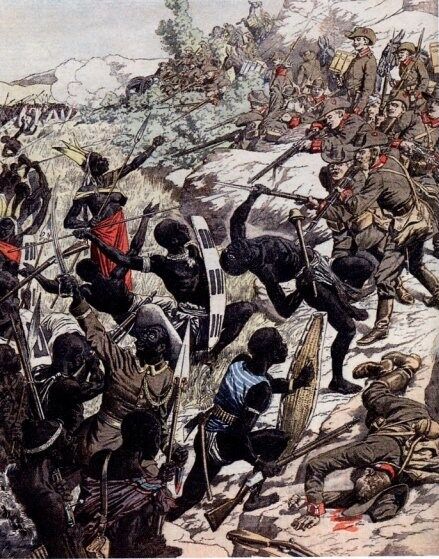By taking possession of territories in Africa, the European states established new borders. However, these territorial limits did not take into account the distribution of different peoples, some of whom were separated by borders. Some peoples in conflict have also been grouped together within the same territory. These situations cause major tensions. In other cases, it was the actions of Europeans in a colony that created conflict. This is what happened in Rwanda.
Rwanda was colonized by the Germans and then the Belgians. The colonisers saw physical differences between the two ethnic groups that made up the population: the Hutus and the Tutsis. They therefore declared that the Tutsis, who had finer features, were superior to the Hutus and entrusted them with the task of assuming authority. In addition, the Tutsis enjoyed a number of advantages (access to education and administrative posts). This situation fuelled tensions between the groups for many years and several acts of violence took place, targeting the Tutsis, including the 1994 genocide.

European companies operating in Africa to exploit mining or agricultural resources need large numbers of workers. These workers are recruited from the local population. In order to obtain these resources at the lowest possible cost, the Europeans force the local populations to work in very difficult conditions and for very low wages. They were often forced to work under slave-like conditions.

Some African people took up arms when the European powers arrived on their territory. Despite being outnumbered, the Europeans, thanks to the superiority of their armies, managed to conquer most of Africa without too much difficulty.

He is a West African chief. He fought the French colonial army for more than 20 years.
Some Africans collaborated with the colonisers. In exchange for their help in running the colony and preventing uprisings, the Europeans gave them privileges, such as holding important administrative posts. The British gave money and advantages to certain tribal chiefs to buy their loyalty and serve their interests.
In some colonies, revolts broke out in response to foreign occupation. In German South-West Africa (present-day Namibia), the Herero rose up against the German colonisers. As a result, they were subjected to severe repression that reduced their population from 80,000 to 15,000 in less than 10 years.
